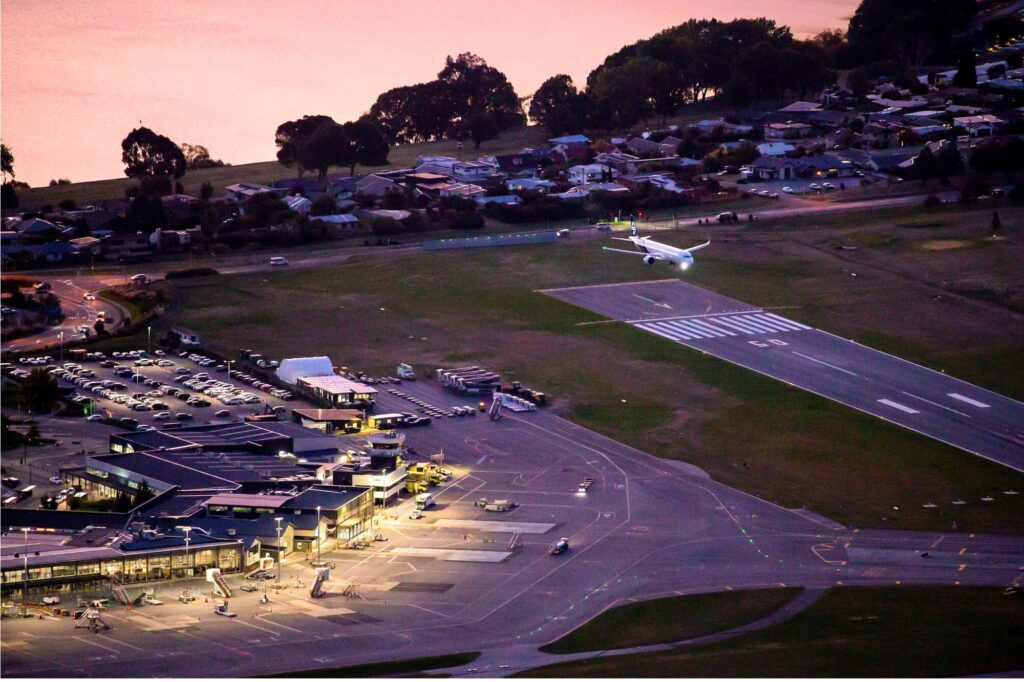Queenstown Airport (ZQN) in New Zealand is set to be the first in the Australasian region to install aircraft-stopping engineered materials arresting syste m (EMAS) beds on its main runway.
The beds are designed to safely bring an aircraft to a controlled stop with minimal damage should one overshoot the runway.
The airport currently operates with a minimum runway end safety area (RESA) of 90 meters, which complies with civil aviation regulations.
Queenstown Airport Acting Chief Executive Todd Grace said that the EMAS will substantially increase the margin of safety, providing the same protection as a 240-meter RESA.
“Runway overruns are rare, but the consequences can be catastrophic, so we want to do everything possible to mitigate that risk here,” Grace said in a statement.
Work will begin in spring 2024 (mid-September) and is expected to be completed by the end of summer (end of February 2025).
The airport said that flight schedules will not be disrupted, and the types of aircraft that may land at Queenstown Airport will remain the same.
The project is estimated to cost more than NZD 20 million ($12.2 million).
The EMASMAX system uses energy-absorbing cellular cement blocks designed to crush under the weight of an aircraft, slowing it to a stop.
128 EMASMAX beds are currently installed worldwide. The majority are in the United States, with others located in Norway, the United Kingdom, Spain, Saudi Arabia, China, and Taiwan.
Major airports using the technology include John F. Kennedy International Airport (JFK), London City Airport (LCY), and Fort Lauderdale-Hollywood International Airport (FLL).
According to the Federal Aviation Administration (FAA), EMAS syste ms have safely stopped aircraft from overshooting runways in 21 incidents so far.

